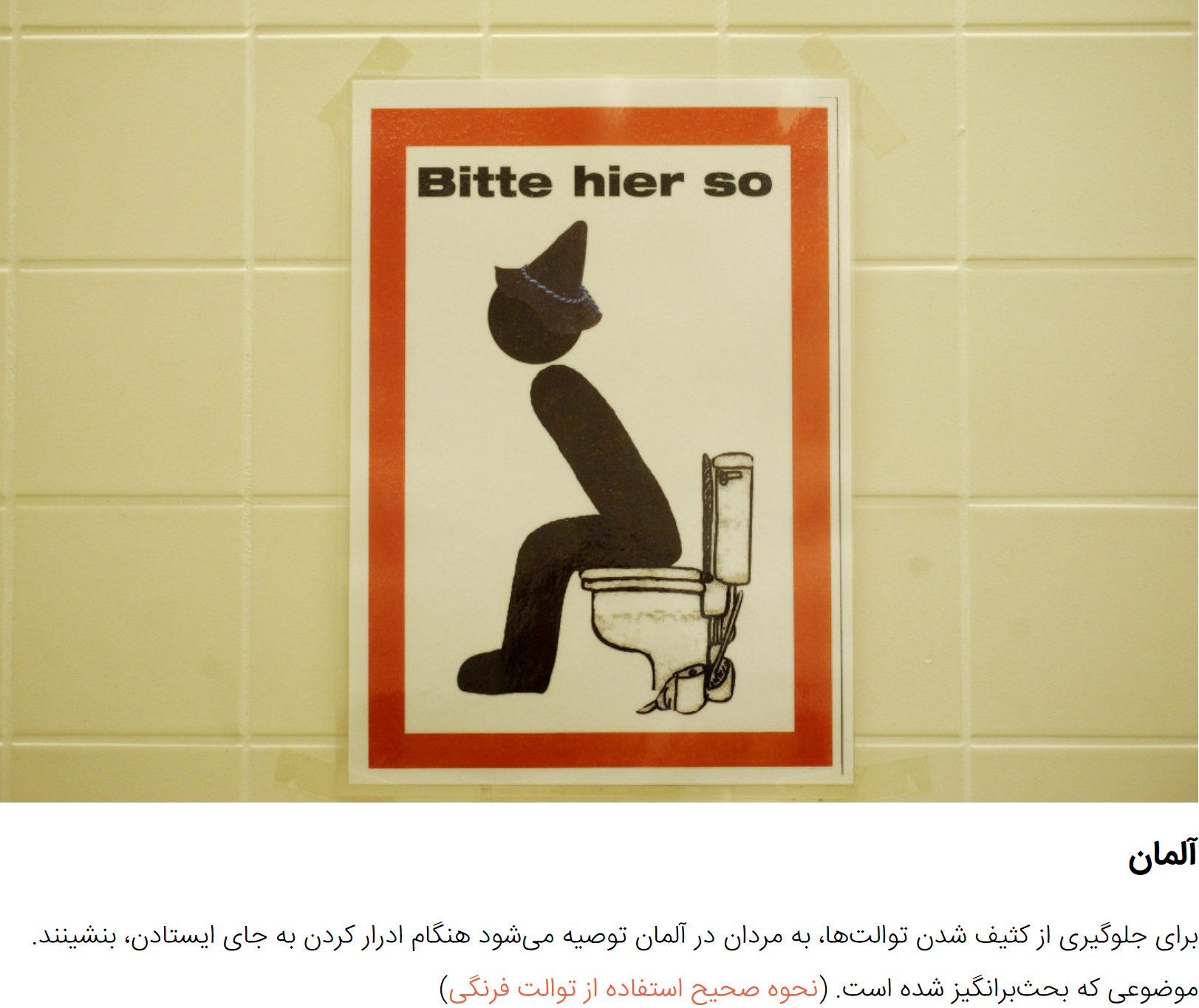The Great German Debate: Should Men Sit Down to Pee? Exploring the Cultural Controversy
Germany, a country known for its efficiency, innovation, and strong cultural norms, is at the heart of an unusual but heated debate that has been stirring up households, public forums, and even the courts: should men sit down to pee? While this might seem like a trivial matter to some, the practice of sitting versus standing to urinate has sparked fierce arguments across the country, touching on issues of hygiene, social etiquette, gender roles, and even legal rights.
This seemingly mundane topic has been the subject of public discourse, earning headlines in national newspapers, fueling online forums, and even becoming a source of conflict in shared living spaces. In fact, the term “Sitzpinkler” has entered the German lexicon, used both as a neutral descriptor and, occasionally, as a derogatory term for men who choose to sit while urinating.
In this article, we will explore the origins of the Sitzpinkler debate, delve into the reasons behind the push for men to sit while urinating, examine the cultural and gender dynamics involved, and consider how this debate reflects broader social trends in Germany. We will also look at some of the humorous, practical, and legal implications of this ongoing conversation.
The Sitzpinkler Debate: A Cultural Divide
At the heart of this issue is the growing expectation in many German households that men should sit down to urinate rather than stand. The term “Sitzpinkler” literally translates to “sit-to-pee-er,” and it refers to men who prefer to sit while urinating. In contrast, the term “Stehpinkler” (standing urinator) refers to men who stand up. While these terms may sound humorous or lighthearted, they have sparked passionate discussions in households and public forums across Germany.

